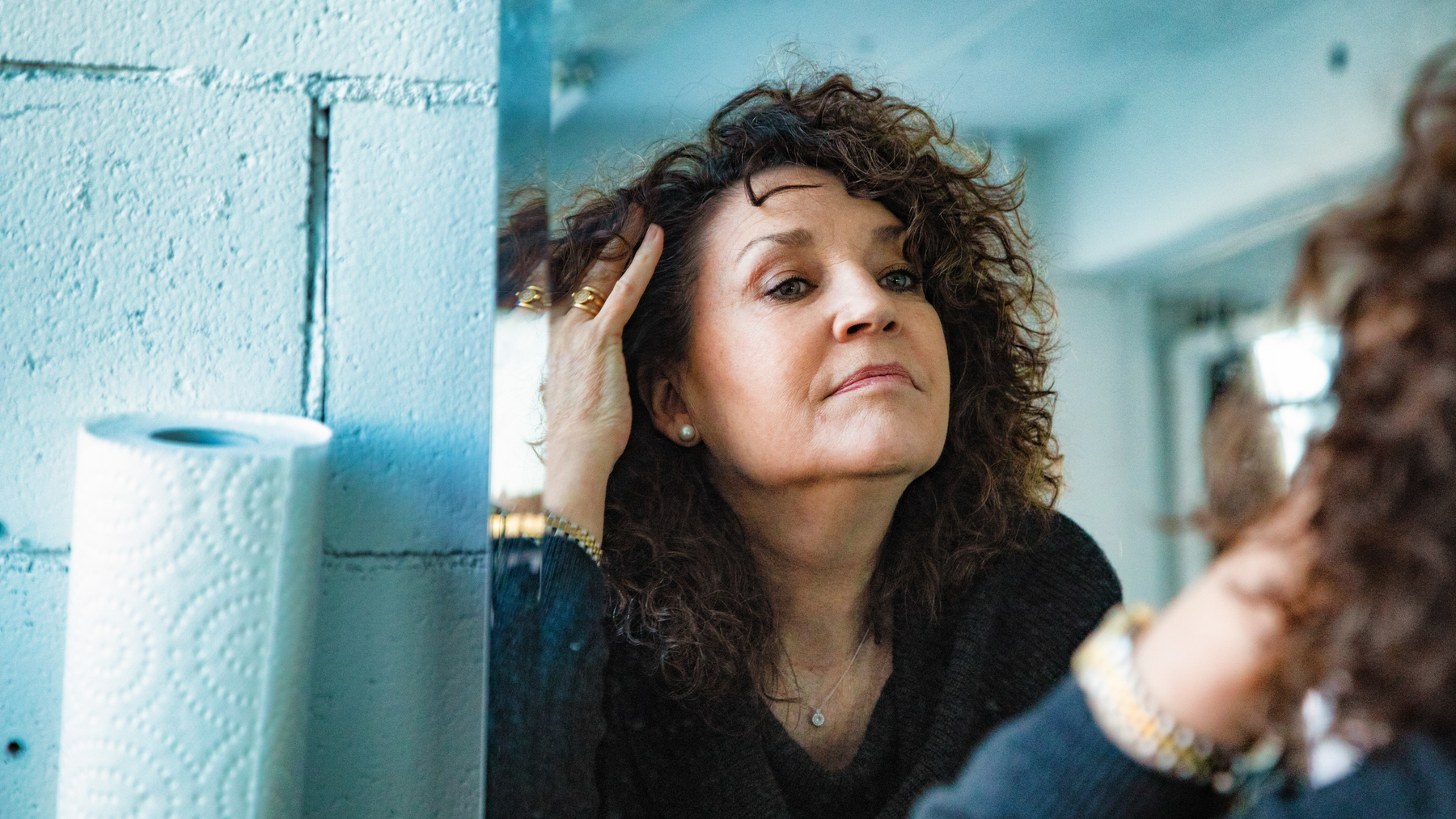What happens during menopause?
Around 50% of the population go through it, but few people know what happens during menopause. We asked an expert to break it down

What happens during menopause? Most of us have heard of it, but not many know what it actually means. It’s a huge part of many women’s lives, with symptoms varying significantly from person to person, including hot flushes, mood swings and vaginal atrophy.
The menopause is one of the biggest hormonal changes people with ovaries will go through and it poses significant changes to the body. The menopause typically happens in your mid-life, although the age that you start to experience menopause symptoms varies with each person, like with starting your period.
Even though a huge part of the population will experience the menopause, research from the State of Menopause Survey, conducted with 1,039 women aged 40-65 across the United States, showed that nearly one third (29%) of women never sought information about menopause before they experienced it. But being informed about your body is one of the best ways to help you deal with any health issues you might experience in your life.
If this all sounds a little overwhelming, don’t worry – we asked an expert to break down exactly what happens during menopause, so you can understand what you’re experiencing right now, or what you might experience in the future.
What happens during menopause?
In short, the menopause is when the menstrual cycle ends and your ovaries stop producing hormones.
“Menstrual periods stop due to the change in the balance of the body’s sex hormones when the ovaries stop releasing estrogen,” explains Dr Sarah Welsh, gynaecologist and founder of the sexual wellness brand HANX. This means the ovaries no longer release an egg each month as part of the menstrual cycle, and you’re no longer reproductively fertile.”
According to the NHS, menopause usually occurs between 45 and 55 years of age, as a woman's estrogen levels decline. In the US and the UK, the average age for a woman to reach the menopause is 51.
Start your week with achievable workout ideas, health tips and wellbeing advice in your inbox.
Welsh explains that although it is fairly rare, some people do undergo an early menopause, which can happen as early as in your 20s or 30s. However research from the Cleveland Clinic found that premature menopause only happens to 1% of women under 40.

There are three main stages of menopause: perimenopause, menopause and post-menopause. Each one sees the body go through different hormonal changes, resulting in varied symptoms.
The stages of menopause
The perimenopause is the first stage of the menopause and it is thought to be a transitional period before a woman is officially ‘in menopause’. The perimenopause can last up to 10 years, although it can also be as short as four years.
“This is when the ovaries gradually reduce the amount of estrogen hormone they release,” Welsh explains. “It tends to happen in your forties, and you can experience irregular periods and menopausal symptoms. However, it’s important to be aware that you can still get pregnant during this transitional period.”
Menopause officially begins when your periods have stopped for 12 months, meaning the ovaries have stopped releasing estrogen completely.
Finally, the post-menopause is the stage you reach when you haven’t had a period for 12 months and you experience some relief from menopausal symptoms.
“During this stage, you can no longer get pregnant naturally, and due to low estrogen levels, you are at a higher risk of health problems such as osteoporosis and heart disease,” Welsh says.
What are the symptoms of menopause?
Menopause symptoms vary from person to person but, according to Welsh, common symptoms include hot flushes, night sweats, vaginal dryness, urinary urgency (needing to pee often), memory changes, menopause anxiety and changes in libido. Some people also experience insomnia, itchy skin and hair loss or thinning.
“During the perimenopause, you may find your PMS is worse than normal, your periods may change in terms of flow and frequency, or you might experience tender breasts,” Welsh adds.
The menopause is a retrospective diagnosis, meaning you can only certainly diagnose it once it has happened – i.e. you haven’t had a period for 12 months in a row. According to the charity Menopause Support, approximately 38% of women seek help from a GP to deal with menopause symptoms, which can last up to 15 years.
There are also some symptoms that are less common. “Some people experience bloating, or weight gain due to the menopause, as well as other digestive problems such as constipation,” says Welsh. “Headaches or migraines can be a symptom, and others include dizziness, voice changes, and joint and muscle aches and pains.”
She adds that some people find their heart is racing and experience palpitations, while others may even notice tingling sensation in their bodies, breast sensitivity and itching or rashes to the skin.
As well as physical side-effects, the menopause can have a significant impact on mental health. A 2015 study found that 38% of women in late perimenopause experienced symptoms of depression, with people who have a history of mental health issues being most at risk.
Menopause symptoms are hugely variable and wide-ranging, and the change in hormones can affect nearly any part of the body. With this in mind, it’s best to consult a health professional if you have any concerns about your health that you think might be related to the menopause.
Alice Porter is a freelance journalist covering lifestyle topics including health, fitness and wellness. She is particularly interested in women's health, strength training and fitness trends and writes for publications including Stylist Magazine, Refinery29, The Independent and Glamour Magazine. Like many other people, Alice's personal interest in combining HIIT training with strength work quickly turned into a CrossFit obsession and she trains at a box in south London. When she's not throwing weights around or attempting handstand push-ups, you can probably find her on long walks in nature, buried in a book or hopping on a flight to just about anywhere it will take her.